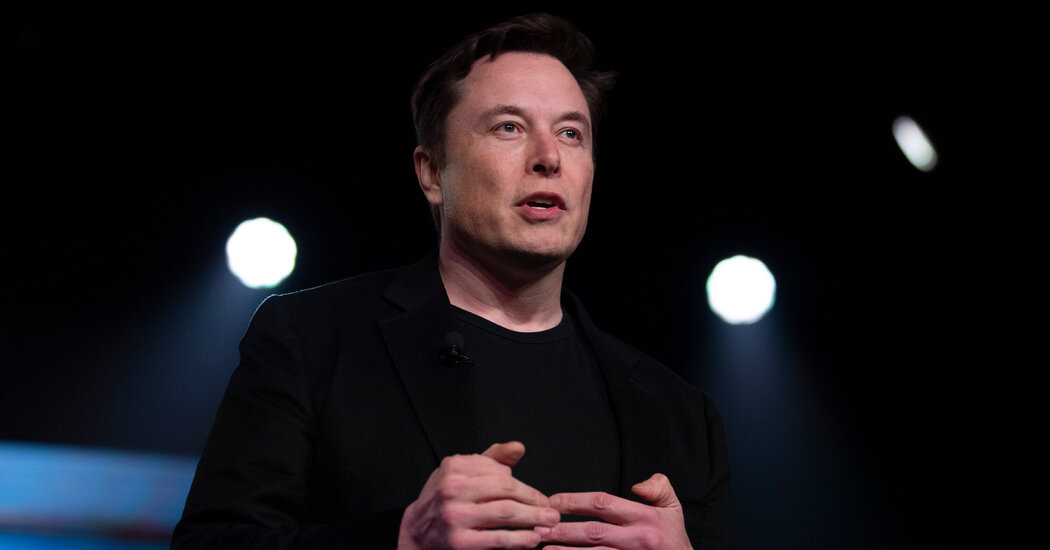SAN FRANCISCO — Twitter said Tuesday it would begin easing its long-standing ban on political ads, allowing advocacy groups and elected officials to resume promotions for specific causes.
Twitter, which was acquired by Elon Musk in October, had banned certain forms of political advertising in 2019. At the time, the company argued that political influence should be earned rather than bought, with politicians winning audiences by generating genuine interest in what to say rather than using money to reinforce their messages.
Mr Musk has said one of his goals in taking over Twitter was to relax the rules about the type of content that would be allowed on the platform. The billionaire’s approach to moderating content has spooked major brands, some of which have halted spending on Twitter to prevent their ads from appearing next to controversial tweets. As a result, Twitter’s revenues have fallen sharply.
Twitter said Tuesday it would allow cause-based advertising, which allows marketers to promote content about political issues. The company said it would later expand other forms of political advertising. Under its previous management, Twitter allowed target-based advertising with some restrictions, including one that prevented advertisers from using microtargeting to reach specific groups of people.
“We believe that charity-based advertising can facilitate public conversation on important topics,” the company tweeted. “In the future, we will align our advertising policies with those of TV and other media.”
The move could open up Twitter to more revenue as it tries to lure advertisers back to the platform. No national elections are scheduled for this year in the United States.
Twitter’s ban on political ads violated the policies of Facebook and other major social media companies, which allow elected officials and candidates to buy ads. The 2019 decision drew outrage from conservatives and liberals, who argued the restrictions would hamper political campaigns and unfairly prevent some advocacy groups from spreading their messages.

